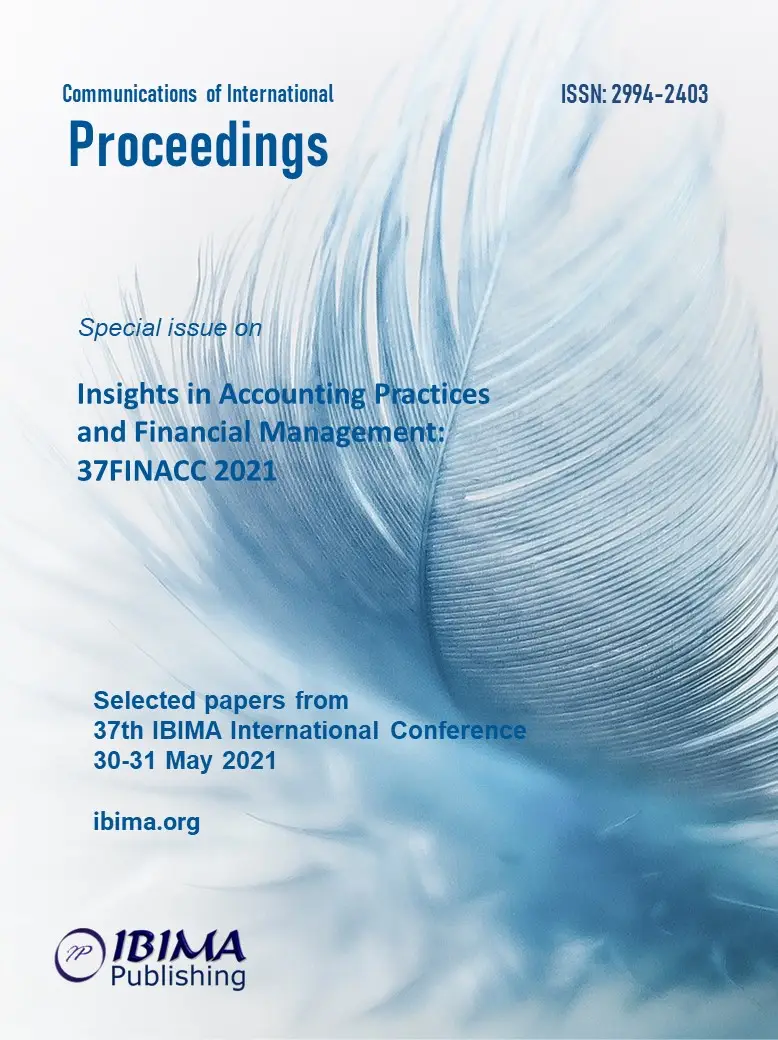
Chidera Promise Nwannunu, Ochei Ailemen Ikpefan, Dorcas Titlayo Adetola, Damilola Felix Eluyela and Paul David
Covenant university, Nigeria

This paper aims at identifying and bridging the gaps in the presentation of financial statements in the banking sector in Nigeria. Financial statements in the financial sector do not properly highlight the importance of human capital resources and its role in the success of any financial institution or its growth. The study aims at highlighting the importance of human capital resources and the role it plays in the growth of any financial institution in Nigeria. The methodology used was the random effect model which was determined by the Hausman test. The Hausman test was used to decide between the fixed effect model and random effect model on which was the most appropriate model for this study. The data for the study was collated from the financial statements of 13 Deposit money banks listed on the Nigerian stock exchange. Findings showed that human capital investment (Training and development, salaries and allowances e.t.c.) played a huge role on the profit and growth of the banks for any given year. It also highlighted that the top banks usually invested more in human capital knowledge and were rewarded with increased growth and profit. This study recommends that the Human capital knowledge and resources should be properly highlighted and presented in the financial statements of financial institutions. it should be rated accordingly with different parameters so as to improve investment, growth and development decisions.